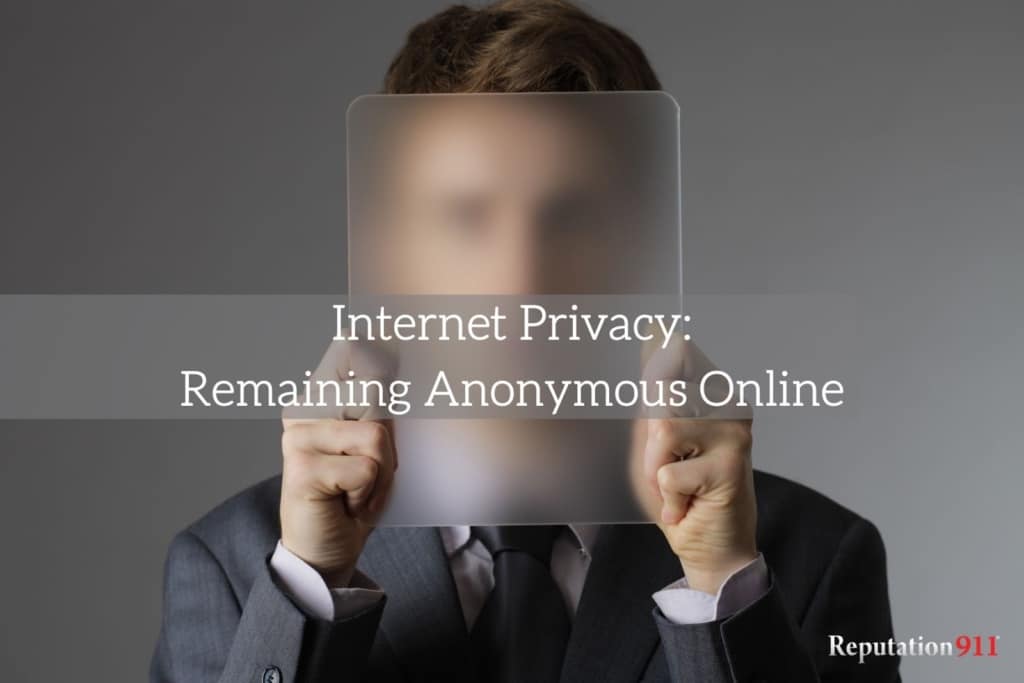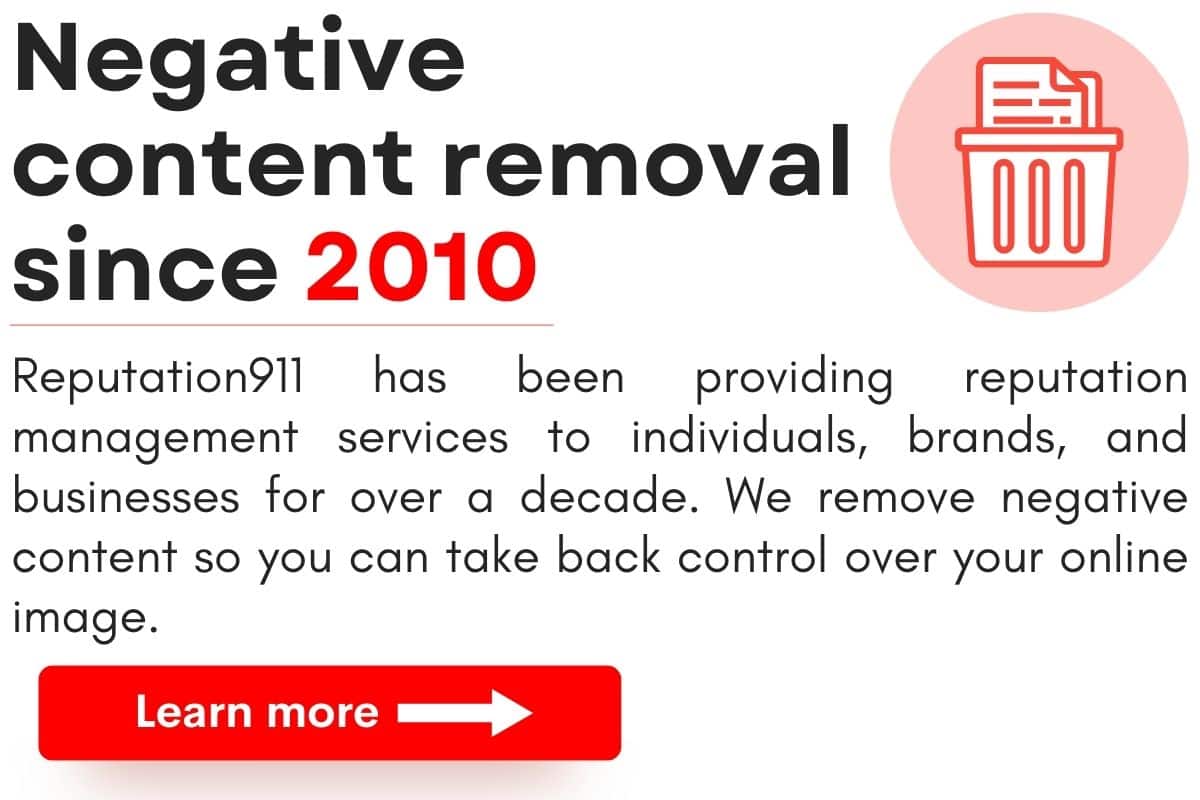Discover how you can stay anonymous online with these 9 important internet privacy tips that will help keep you safe while surfing the web.
Social media has given individuals the chance to join global conversations and comment on any range of topics. However, some prefer to surf the Internet anonymously, and would rather protect their online privacy by hiding behind screen names or usernames when leaving comments on a blog, news article, forum, or video. While you might think that a username allows you to share your thoughts without having them tracked back to you, the truth is you can’t hide forever when your online reputation and online privacy are at stake.
Do Screen Names Compromise Your Online Privacy?
Unless you opt out of public record search engines (aka people search sites), they take information from social networks, search engines, and other sites to compile your associated usernames.
If you use the same username or email address across multiple sites (which most people do), then these sites can track you. The good news is that it’s pretty easy to remove your information from FastPeopleSearch, Spokeo, and other people search sites.
How to Remain Anonymous on Social Media
Remaining anonymous on social media sounds like an oxymoron, but it can actually be a very useful way to protect your online privacy long term.
There are plenty of ways to stay anonymous on social media sites like Facebook and Instagram. Remaining anonymous on social media allows you to protect your personal information. In this day and age, social media can feel like a battleground where opinions are thrown in all sorts of directions. Keeping your name safe allows you to stay in the loop without fear of repercussion.
In order to remain anonymous, you don’t have to go completely into spy mode. Keeping your personal information like your email address, phone number, and full name can be simple ways to ensure your social networking profiles are not offering sensitive information to others. For anyone dealing with leaked images, this guide on removing leaked Snapchats will give you additional steps to protect your online privacy.
You should also make sure your profiles are set to private, only accepting friend requests you know personally. Before posting any type of images, ask yourself if you would want your future boss, coworkers, or college professors to see the same images. The internet is available to everyone, and information can circulate quite quickly.
By monitoring your information regularly, you can better keep track of your virtual private network with ease. This can be especially useful for teens or parents who want to protect their information online.
There are also anonymous social apps like After School which is designed to keep teen users anonymous, allowing them to interact with other teens directly through a school’s message board. Anonymous social apps for teens reduce the risk of cyber bullying, with a zero tolerance policy from users.
Does Exposing your Identity Affect your Online Reputation?
The short answer is yes, since you are no longer anonymous online others may be able to see what username you are using on sites such as political message boards, in the Youtube comments section, or even on doctor review sites. Once your identity is exposed they will be able to access a number of private details about you. The three comments above can indicate to potential employers or new dates your political views, doctors you have visited and/or ailments that you have been treated for, and even whether or not you are a strong writer who can be civil and professional in the comments section of an online video.
How do I keep my privacy safe online?
Now that you understand why it is problematic if others can tie activity back to you using your username, it is time to focus on the next step. The only surefire way to protect private details is to practice online reputation management. Here are a few techniques to try:
- Remove your name from existing accounts. Even including an initial instead of your full last name will help disassociate accounts from your name and keep them from showing in your search results.
- Use unique usernames and strong passwords and keep them in a password manager for accounts that you make in the future, so that it is harder to tie accounts back to you.
- Remove inappropriate older posts made by current accounts so others cannot find them and link them back to you.
- Hire internet privacy management services to remove inappropriate comments/posts that you have lost control of and remove your information from people search sites.
- Investigate people search directories and websites where you may have created accounts to have them identified and then removed from the sites.
- Scour the Internet to locate old accounts that you have created and forgotten about.
- Stay off the public wi fi and protect your ip address from hackers by using a vpn server to help prevent identity theft.
- Create new accounts that will give you a professional brand for people to see when they search for you online.
- Pick the web browser you use carefully as it can reveal your online activity and what sites you’ve clicked on and visited to anyone who has access to it. Your web browser can be a window into personal and private life that you may not want to be sharing with others.
Bonus Pro Tip: Here is a list of the most secure web browsers for your privacy for 2020.



